The Bankruptcy Trustee
Once you file a bankruptcy case, most of your property becomes an estate. This estate is separate from you – it is a separate entity, called the bankruptcy estate. The court appoints a person to represent the bankruptcy estate. This person is called a trustee. Trustees have important powers some of which include the following:
- control contracts or leases you have entered into
- reverse a transfer of property you have made under certain circumstances
- reverse a transfer of property you have made to a friend or relative
- reverse a transfer of property you have made that is fraudulent
- abandon property that is burdensome or has no real value
What Our Clients Say:
Member:

Attorney Gregory Kornegay
Greg is a trial attorney in Wilmington with over 30 years of experience. Greg was born and raised in southeastern North Carolina. Before law school he managed a store with employees making a payroll every week. His first job out of law school was as an Assistant District Attorney investigating and trying cases for the State of North Carolina. Through the years he has handled many different types of cases – including death penalty cases.
Being married with children has been a blessing and a challenge, but has served him well in understanding the problems individuals and families face as they live out their lives. Greg believes that each case is different and the needs of each client are unique, but there are certain themes of life that we all share.


